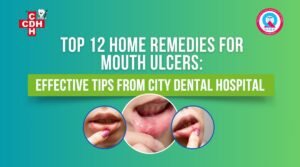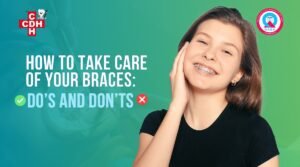Dental Complexity like Bruxism is a phenomenon that everybody tends to avoid. A problem with teeth can drive multiple harm and injuries to our health with the addition of unpleasant pain. The irregular and not inattentive shadow towards oral care is a prime reason to get individual dental complications. There are abundant habits that people develop which remarks to be not appropriate for their oral health. The asymmetrical pattern of brushing, skipping flossing after every meal, developing habits that are not to be considered as a positive in the terms of oral care and many other elements that are determined for oral health care.
Children and Dental problems
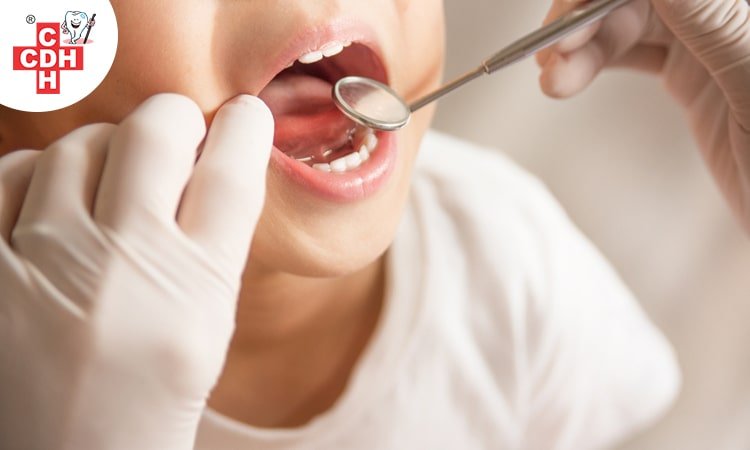
Bringing light onto an open fact that, ‘Children and dental care repel’. Children who spend their cheerful time around the veranda have nothing to do with their oral and physical health. There is an incessant flow of munching and biting, this activity triggers the dental complications in them and drives multiple issues. Just like adults, children tend to develop certain oral habits that are highly harmful to their mouth. There has to be a wise charge and care of the children to disregard these complications that bring severe harm over time if not treated.
What is Bruxism
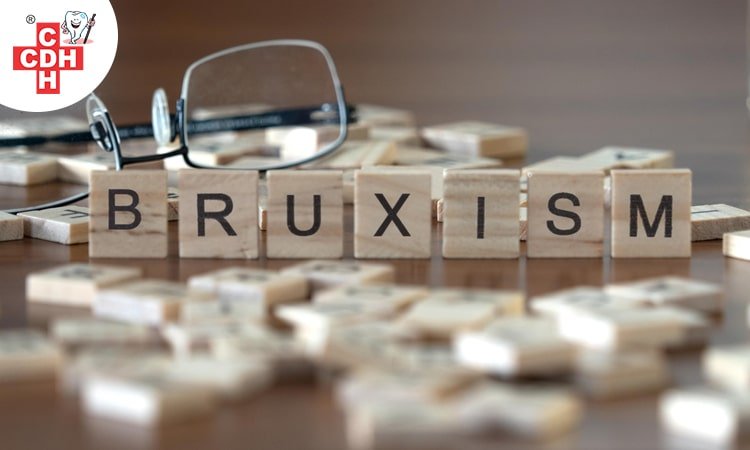
Amidst all the inappropriate habits that a child and adult tend to build, Bruxism is one of the habits that are to be considered the most harmful activity. Bruxism thoroughly is an activity where children grind and clench their teeth when they are asleep. Sleep Bruxism is also known as Sleep- Movement Disorder. Bruxism in adults can flash other symptoms like headache, jaw disorder, and other dental problems. It is highly advised to treat the Bruxism of your child right after you suspect the first symptoms or if your child is heavily clenching your teeth.
Prime causes of Bruxism
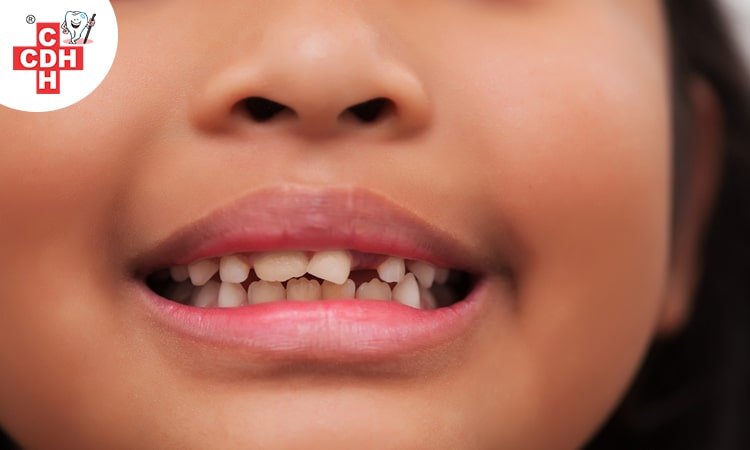
Many of the parents are hassling with the problem of Bruxism that their child is under-going and are initiating an effort to eliminate it. Also, there are a lot of questions and concerns regarding the cause of Bruxism. According to research, 30% of the children are undergoing the symptoms and have Bruxism. Speaking about the prime and core causes of Bruxism, there is a point to encounter that, there is not yet an accurate reason why Bruxism occurs either to children or adults.
- Misaligned Teeth
Children who are experiencing bruxism are often to be seen with misaligned teeth and there is constant pressure situated to teeth that somewhere cause teeth misalignment.
- Pain or Tenderness
According to research by dental experts, it is believed that children who are undergoing any pain in the jaw or tenderness tend to clench their teeth and jaw.
- Hyperactivity
Children are highly engaged in activity throughout the day time and this makes them grind their teeth while they are asleep.
There are further causes of Bruxism that your child may experience such as Headache, Earache, Pain in Jaw, and Facial Pain. If the symptoms are untreated it can lead to loss of teeth.
Prevention of Bruxism
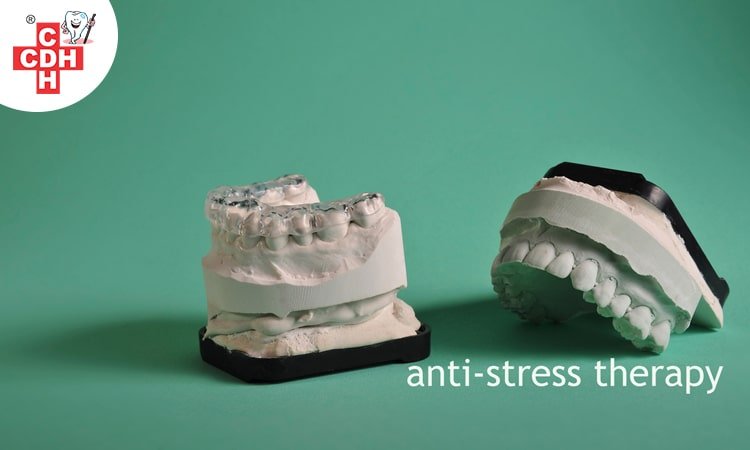
Bruxism if disregarded can then turn into tooth loss, City Dental Hospital brings you prevention measures to avoid Bruxism in your child. If you find your child undergoing any symptoms of Bruxism make a dental visit as soon as possible. The doctor will suggest and provide an effective cure to heal and eliminate the problem of teeth grinding and clenching.
- Splints and Mouth Guards
Splints and Mouth Guards are the appliances that prevent Bruxism by keeping unconnected with the activity of grinding and clenching. Splints and Mouth Guards are the most effective way to eliminate Bruxism in children.
- Deal with Stress and Anxiety
98% of the reason behind Bruxism in children is due to stress and anxiety. The dentist suggests patients fade down the stress of the child by talking to them, make them listen to bedtime stories and many other things that can bring your child a sense of relaxation.
Although you must make a dental visit for better cure and treatment to thoroughly eradicate the problem of Bruxism in your child and provide them with good oral health.






